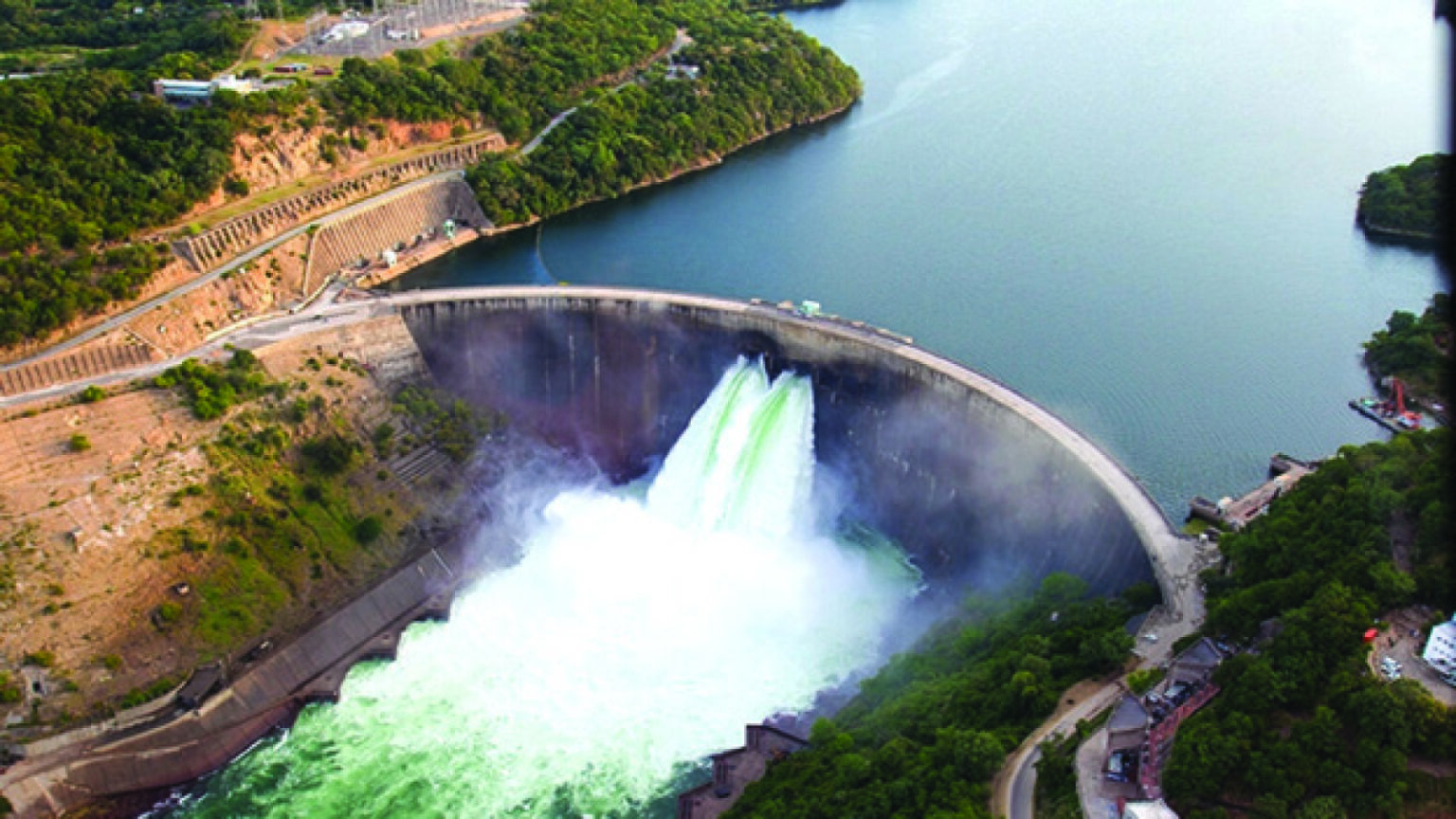Generation

Bankable projects, renewables under spotlight at energy indaba

opportunities, renewable projects and strategies to bring Southern Africa’s energy commitments to financial close will come under the spotlight at the second edition of the ZimZam 2025 Summit scheduled for November in Livingstone, Zambia.
Themed “Mines and Energy: How Stakeholders have Fast-Tracked Private Sector Projects to Become Africa’s Top Investment Destination,” the summit builds on the momentum established at its inaugural edition in Victoria Falls last year.
The summit will convene senior representatives from governments, regulators, utilities, investors, and project developers.
According to the programme, several Zimbabwean energy experts are expected to attend.
The forum seeks to accelerate the transition from commitments to bankable projects, with a particular focus on renewable energy, innovative financing, and balancing solar, wind, and hydropower within a changing climate.
Its objective is to accelerate the region’s transition from energy commitments to bankable projects, particularly within the mining and energy sectors.
It aims to deepen collaboration and highlight investment-ready renewable energy projects and strategies to secure financial close.
Hosted by Copperbelt Energy Corporation (CEC), the summit will convene senior representatives from governments, investors, utilities, regulators, and project developers.
“CEC’s support for the summit is a natural extension of our mission to deliver reliable energy and high-quality services while fostering strategic partnerships and advancing sustainable development across Africa,” said Owen Silavwe, Managing Director of Copperbelt Energy Corporation, in a press statement on Wednesday.
“Our values, of honesty, teamwork, and a ‘can-do’ attitude, shape how we collaborate with stakeholders and approach regional integration,” he added.
A key feature of the summit will be discussions around structural policy reforms that have unlocked significant investment potential in Southern Africa’s energy sector.
Participants will engage on topics including the impact of Open Access and Multi-Year Tariff policies in creating a conducive regulatory environment, the role of public-private partnerships in enabling market-based energy trading solutions, and government programmes such as M300, designed to mobilise investment in rural electrification and clean energy access.
A dedicated session titled “M300 – Benchmarking Success in Zambia and Zimbabwe: Progress and Future Outlook” will evaluate both countries’ commitments under the M300 compacts and the scaling of private sector engagement to accelerate energy access and off-grid solutions.
“Increasing private sector mobilisation to accelerate the rate of energy projects and encourage investment into Distributed Renewable Energies (DREs) . . . Innovative off-grid solutions using results-based financing (RBF) mechanisms and demand stimulation initiatives can deliver an increase in energy access rates while making investment more sustainable,” the summit agenda highlights.
The summit will further examine how Zambia and Zimbabwe are prioritising renewable energy projects to meet national energy access goals amid climate challenges.
Key topics will include capacity requirements from Independent Power Producers (IPPs) and Public-Private Partnerships (PPPs), and the potential benefits of establishing a dedicated renewable energy procurement office with standardised policies to accelerate project implementation.
Strategies to enhance investor confidence through harmonised regulatory frameworks will also be discussed.
The session “The Future of Hydropower in the Context of Climate Change” will address the vulnerabilities faced by both countries, given their significant reliance on hydropower. Discussions will focus on mitigating drought-related risks, optimising existing infrastructure, and leveraging innovative technologies.
“Droughts, and the subsequent reduction in water levels, have created electricity shortages through power deficits, leading to load shedding and reliance on imports,” the agenda notes.
“Maximising generation from installed capacity, updating and exploiting existing assets, and using hybrid solutions… including the application of AI technology and advanced weather mapping to improve resource management.”
ZimZam 2025 is positioned to be a pivotal forum for advancing Southern Africa’s energy agenda, one that combines policy innovation, financial mobilisation, and cross-sector collaboration to realise sustainable, scalable energy solutions.
“With a focus on scaling renewables, securing financing, and building stable energy markets for industry, ZimZam 2025 will be the key platform for turning regional energy commitments into reality,” organisers emphasised.
Zimbabwe’s energy sector has been on a transformative trajectory with increasing demand for electricity due to limited access to energy in both rural and urban areas.
The Government has put in place enabling regulatory reforms, including net metering and third-party wheeling regulations, tax incentives for renewable energy projects, guaranteed off-take arrangements through Independent Power Producer (IPP) frameworks, and liberalised the energy market.
Further to that, the country is offering a bankable pipeline of projects (Zimbabwe Energy Compact), a credible fund manager with regional experience, a de-risked and transparent governance structure, and a policy framework fully aligned with green growth, climate resilience, and SDG delivery initiatives.












